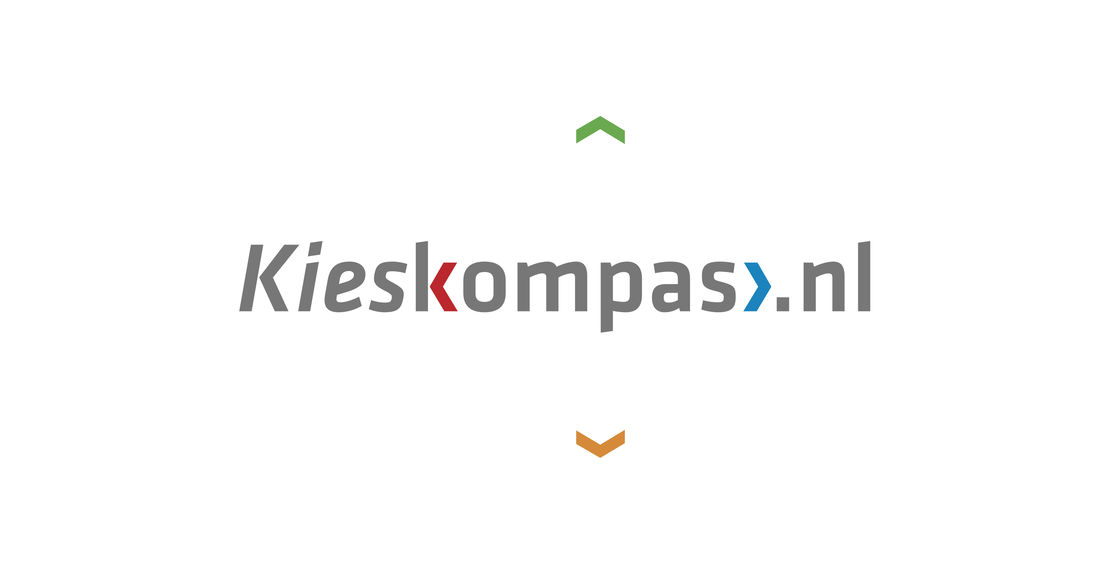Representative participation
How well do you grasp all opinions in society? Are all opinions represented in the public debate? Or is there a silent majority? How are opinions structured and how they relate to each other? The Kieskompas research institute has developed a segmentation method that contributes to achieving a balanced debate and a good overview of interests: Topic segmentation®.
Topic segmentation®
Kieskompas does not use a generic segmentation model, but a method in which opinions and emotions are analyzed around a specific topic: Topic segmentation®. The social issue is leading; we investigate patterns in beliefs, knowledge and emotions, and then develop a subject-specific typology.
What are the benefits?
By precisely analyzing argumentation structures (the coherence in answers), administrators and policymakers gain a much better understanding of citizens' opinions. For each topic it can be determined which sounds you vioces can be actually heard in the debate in order to be representative. Groups that are unrepresented in participation procedures, decision-making processes or other debates can then be contacted in person (focus groups).
Topic segmentation® can therefore be used both at the beginning of a process (an inventory of opinions) or at the end (an evaluation of present and absent opinions). Increasing representation based on local opinion, emotion, and cognition structures increases the quality of the debate which is beneficial for everyone. Topic segmentation® helps administrators and policymakers gain insight into the opinions of all groups. This enables making policy as representative as possible.
Some examples
To involve even more people in the decision-making process, a website will be launched where people can find out for themselves what type they are (such as 'What for Gelderlander are you'). In this way, people are "standing up in front of a mirror" and are involved in thinking about the most important themes.
In collaboration with Fairfax Media we made a tool called 'What type of Aussie are you', and also developed a persona tool for the Iranian presidential elections. In the run-up to the European elections, we developed 'What kind of European are you?', where different attitudes towards the EU have been compared and analyzed. Prior to the Provincial Council elections, we investigated the 'Types of non-voters' for the Dutch Ministry of the Interior and Kingdom Relations.
TOPIC SEGMENTATION
MORE INFORMATION
Looking for more information about our research? Click on the links below:
Opinion research
Methodology
Publications
News
